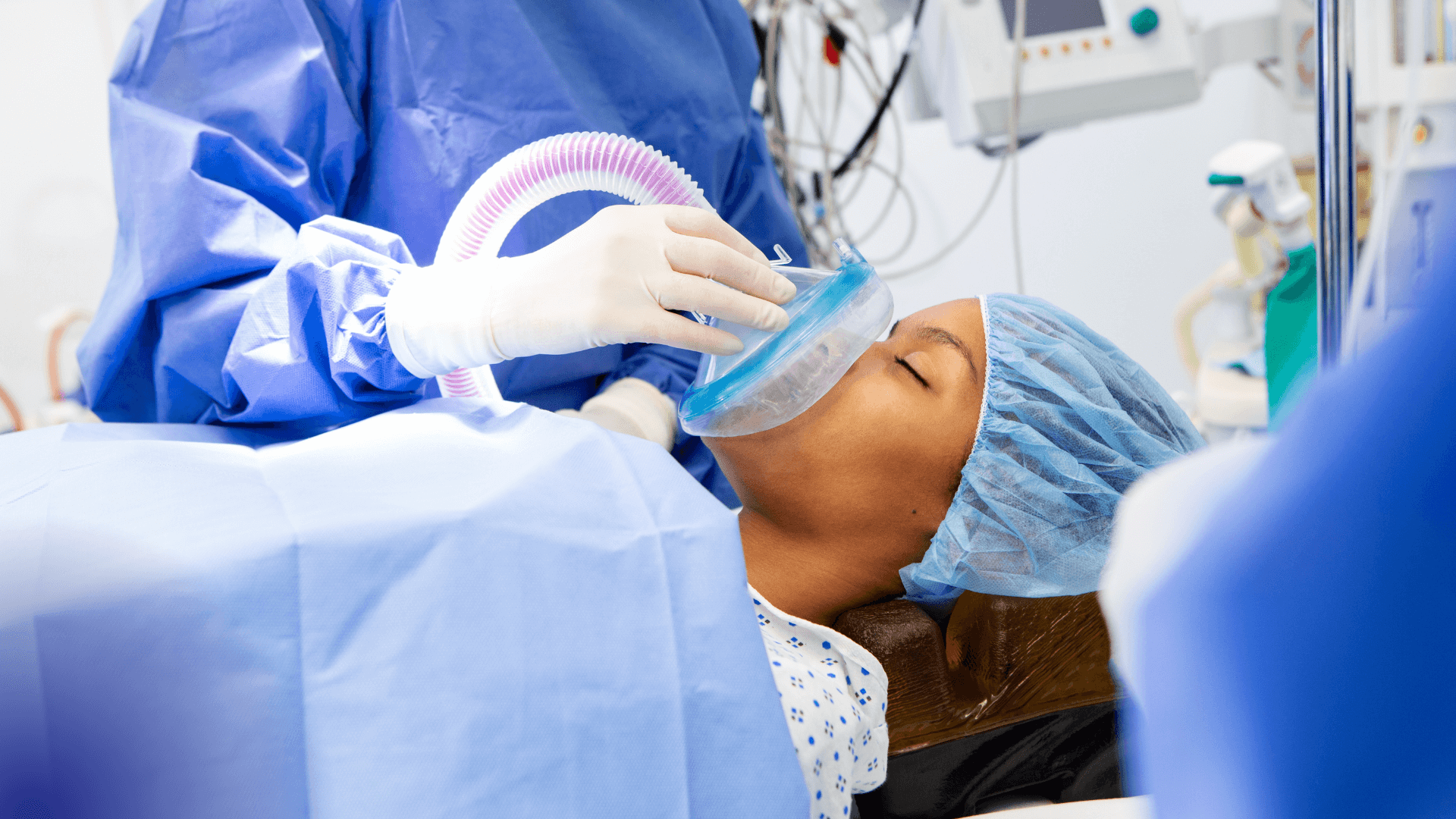Prescription drug errors can have devastating consequences, and proving negligence is a crucial step in seeking justice. This involves identifying how the error occurred and who is responsible, whether it’s the prescribing physician, the pharmacist, or the healthcare facility.
Identifying Prescription Drug Errors
Prescription drug errors can occur at various stages:
- Prescription: Incorrect medication or dosage prescribed by the physician.
- Dispensation: Pharmacist provides the wrong medication or incorrect dosage.
- Administration: Errors in giving the medication to the patient, either in a hospital or home setting.
Proving Negligence
To prove negligence in prescription drug errors, several key elements must be demonstrated:
- Duty of Care: Establish that the healthcare provider or pharmacist owed a duty of care to the patient.
- Breach of Duty: Show that this duty was breached through actions such as prescribing the wrong medication or failing to check for drug interactions.
- Causation: Prove that the breach of duty directly caused harm to the patient.
- Damages: Demonstrate that the patient suffered actual damages, such as medical expenses, pain and suffering, or lost wages.
Roles of Pharmacists and Physicians
Both pharmacists and physicians play critical roles in ensuring patient safety:
- Physicians: Must accurately diagnose and prescribe the appropriate medication, considering patient history and potential drug interactions.
- Pharmacists: Are responsible for verifying prescriptions, providing the correct medication and dosage, and educating patients about how to take their medication safely.
Evidence to Support Claims
Gathering strong evidence is crucial in prescription drug error cases:
- Medical Records: Detailed documentation of the prescribed medication and any subsequent errors.
- Pharmacy Logs: Records from the pharmacy showing the dispensation of the medication.
- Expert Testimonies: Insights from medical experts on how the standard of care was breached and the resulting harm.
- Patient Statements: Accounts from the patient and family members about the effects of the error.
Conclusion
Prescription drug errors can have serious and lasting effects on patients. Proving negligence involves a thorough understanding of the legal standards and the roles of healthcare providers.
At Cooper Schall & Levy, P.C. our experienced attorneys are dedicated to helping victims of prescription drug errors seek justice. Contact us today for a free consultation and let us support you through this challenging time.











